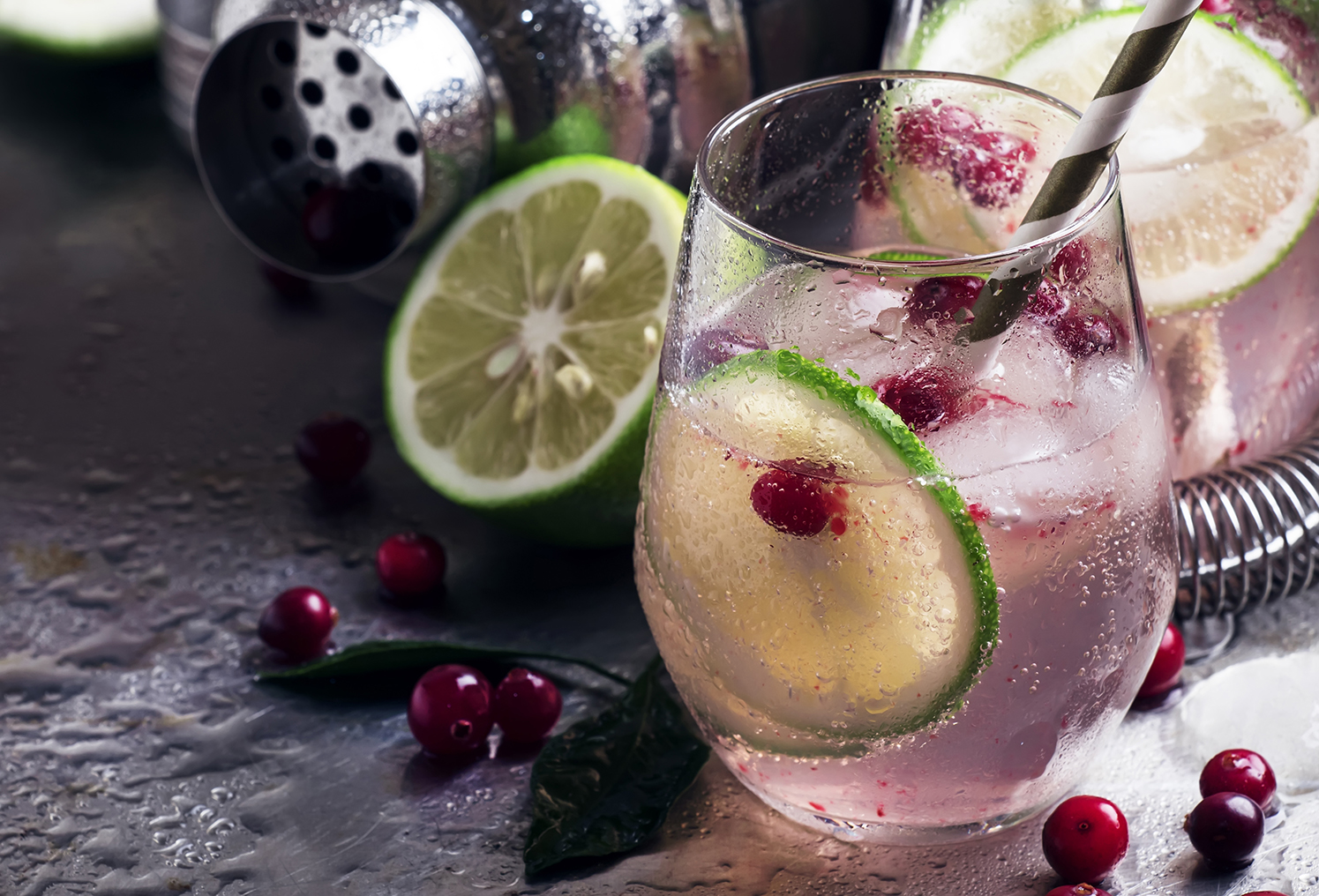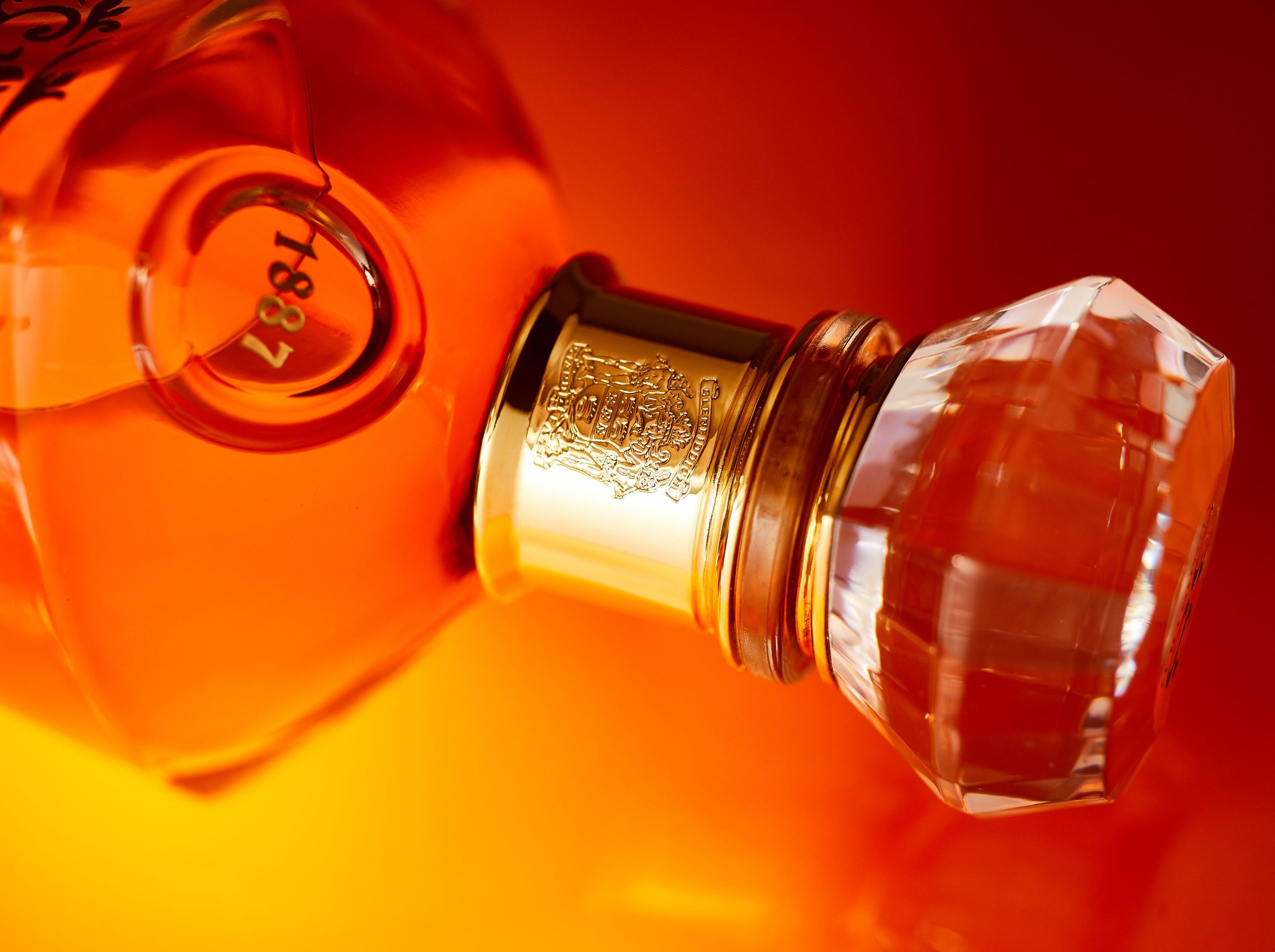No longer exclusively for pregnant women and designated drivers, non-alcoholic beverages have become increasingly popular in recent years.
Before the rise in popularity of non-alcoholic drinks, those who opt for a soft drink at social drinking occasions were often met with a raised eyebrow or bewildered look by friends and colleagues. However, it seems that today, there are fewer and fewer raised eyebrows – as the demographic of Generation Y and Z are cutting down on their alcohol consumption.
This means that as this market continues to grow, brands need to cater to these new consumer audiences, which is already starting to happen. For example, during Christmas 2018, non-alcoholic beer sales alone reached £7.6 million. In fact, the moving annual total of No-and-low ABV products has risen by 24.4% in volume, and by 29.6% in value in two years.

This means that brands are becoming more aware of the growing non-alcoholic beverage market, leading to more complex alcoholic drinks; designed to make consumers who prefer non-alcoholic drinks feel as though they are included within the social activity of drinking. After all, particularly in British culture, alcohol is a big part of most social events, such as weddings, birthdays and parties, which can make these events somewhat difficult to navigate for those who do not or cannot drink alcohol.
Having an alcoholic drink is also seen as somewhat of a treat, which can often make the usual choice of a soft drinks like Coca-Cola, Sprite or even fruit juice seem mundane in comparison. While soft drinks are cost effective and cheaper than most alcoholic drinks, it’s understandable to be envious of the novelty of an alcoholic drink. It’s also why mocktails have become increasingly more popular, offering consumers the experience of drinking without any of the actual alcohol content.
In fact, according to the Senior External Communications Manager of Coca-Cola, Amy Burgess: “With statistics showing that more than a fifth of people are now choosing not to drink alcohol at all and with nearly a third of people claiming they could consider ordering a mocktail if offered, mocktails represent a significant opportunity for operators looking to maximise their sales”. This indicates that alternatives to the standard soft drinks do demonstrate a popularity among those who prefer or choose to drink low or non-alcoholic beverages.

We’d love to find out more about your product or brand and we’d be delighted to arrange a consultation to discuss your product embellishment needs – simply fill in the form and we’ll be in touch.
Alternatively, give us a call on 01733 396080